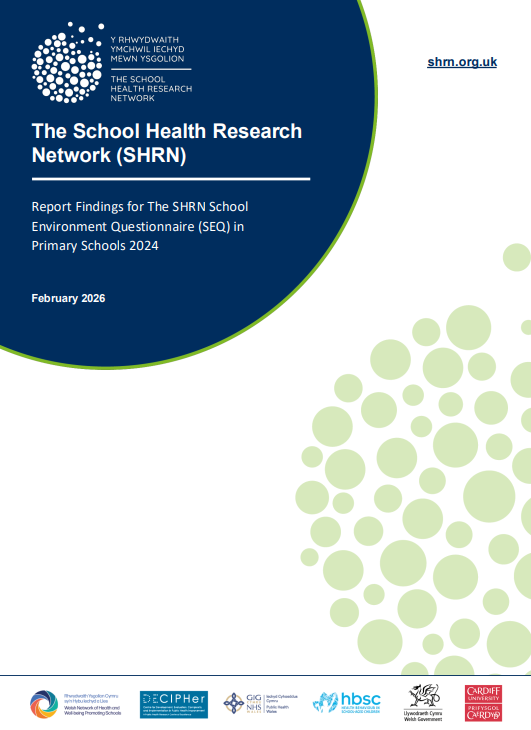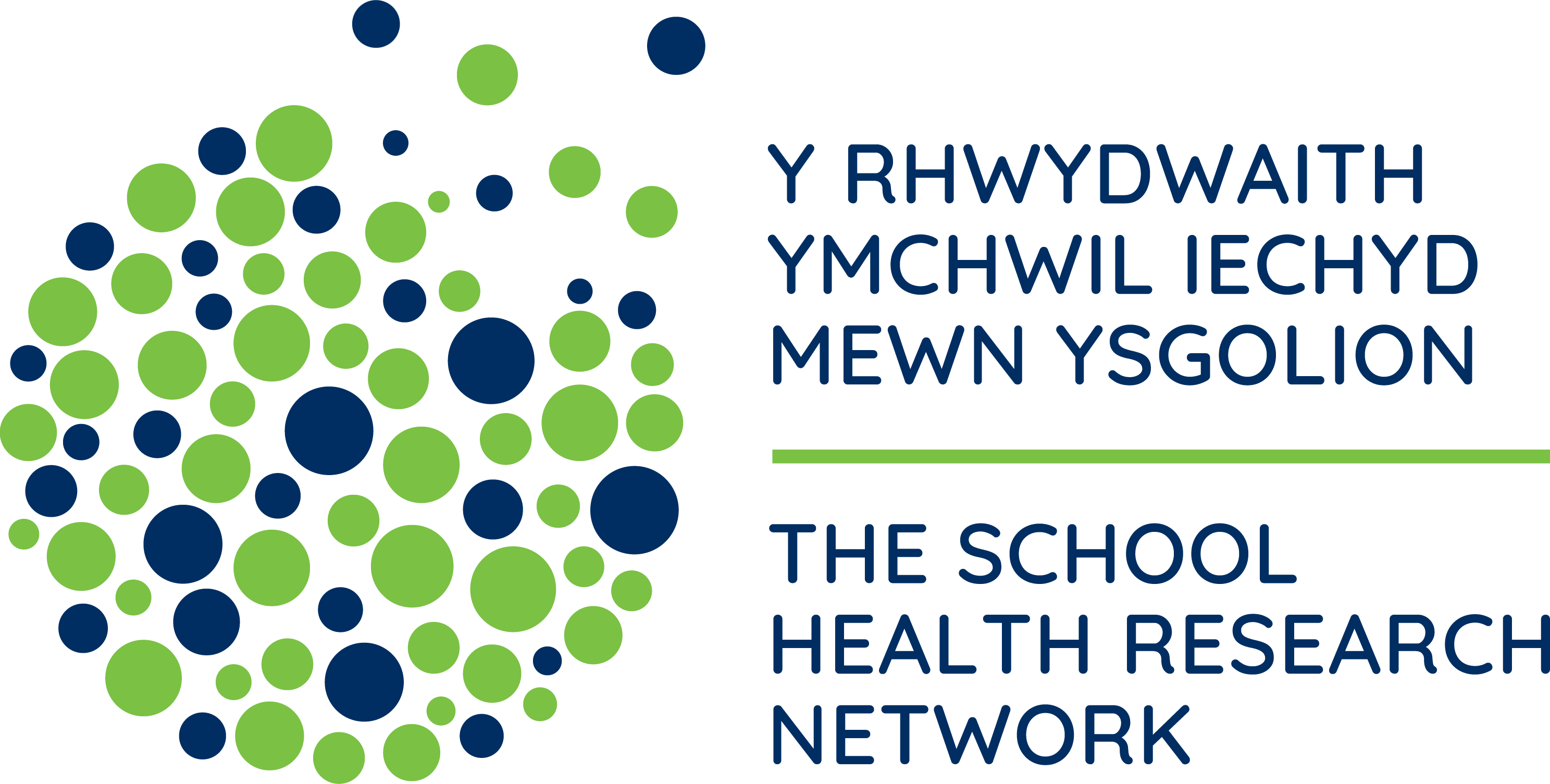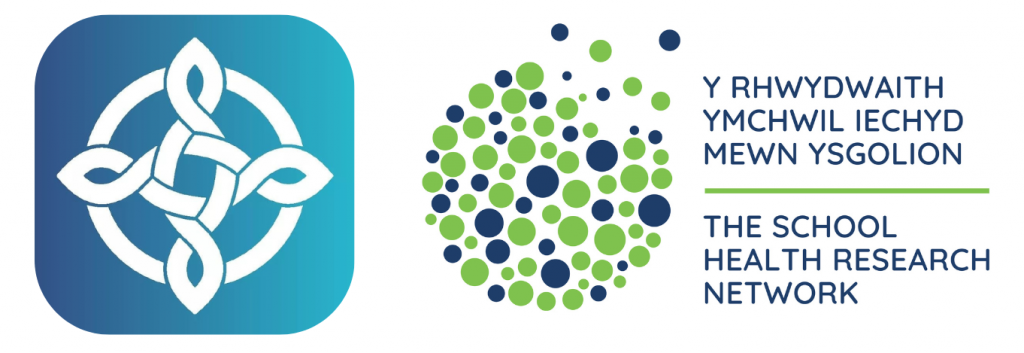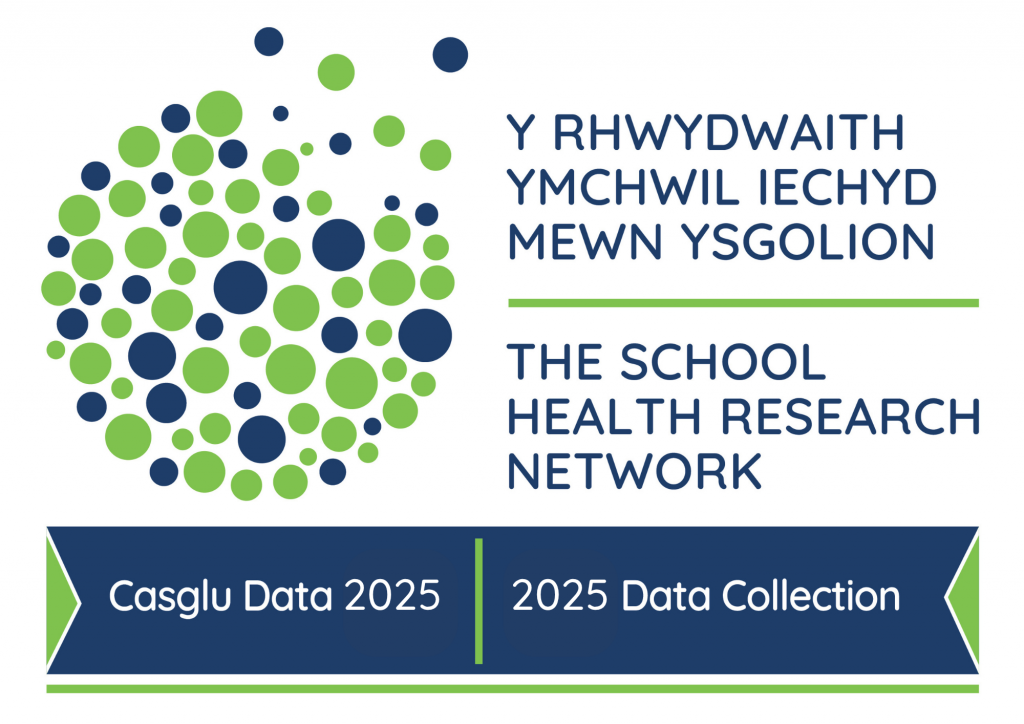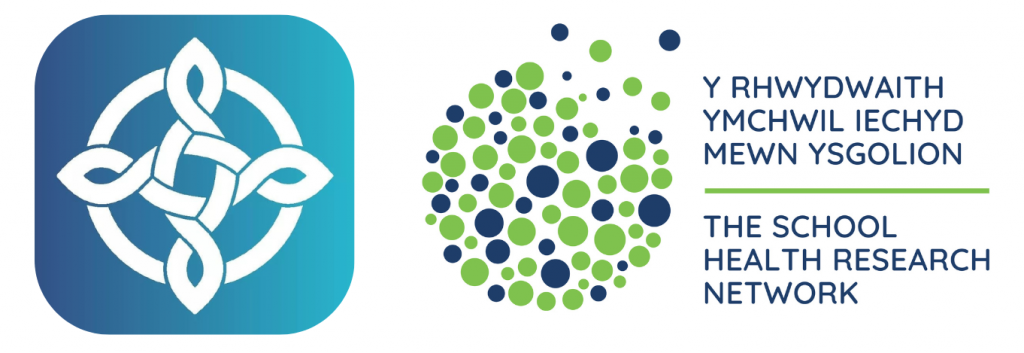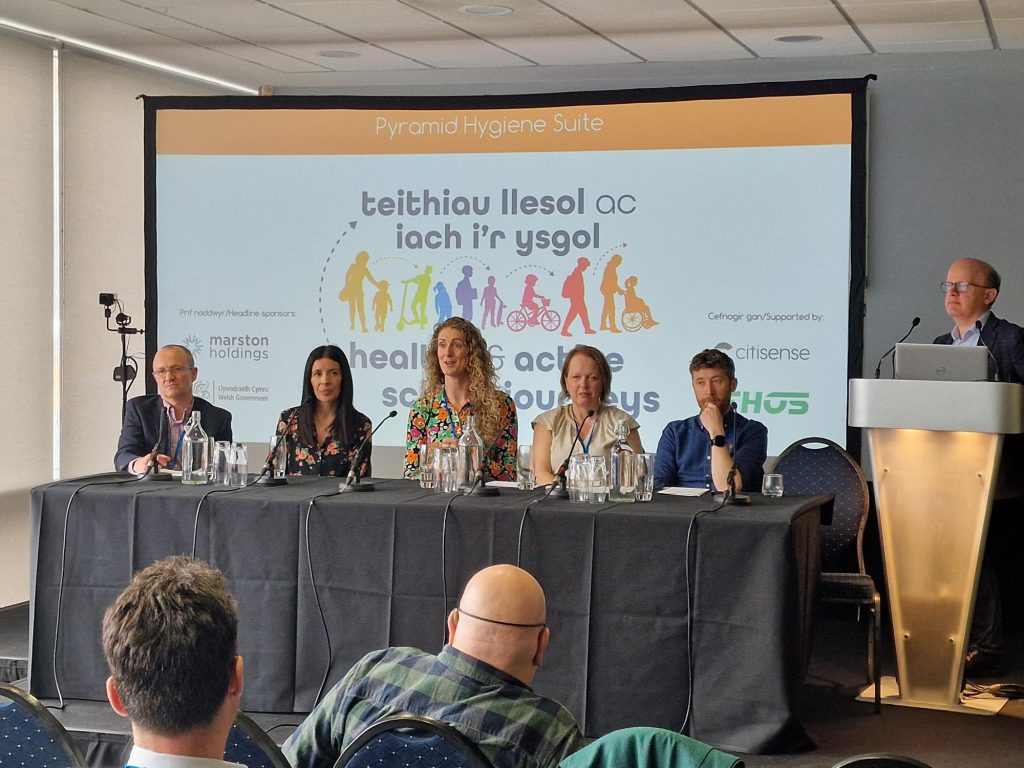We are thrilled to announce the launch of The SHRN School Environment Questionnaire (SEQ) 2024 Report. This resource provides valuable insights into how schools across Wales are implementing health and well-being policies and practices.
The SEQ also informs policy development at national and local levels, promoting a Whole-School Approach to emotional and mental health. It also serves as an assessment tool for the Welsh Network of Health and Well-being Promoting Schools (WNHWPS), guiding schools in implementing and evaluating their health and well-being initiatives. By identifying areas for improvement and fostering collaboration, the SEQ helps schools reflect on their practices and share innovative strategies
SHRN Director, Dr. Kelly Morgan said:
“The SEQ is more than a data collection tool, it’s a catalyst for change. By understanding how primary school environments influence learner health and wellbeing, we empower schools and our SHRN partners to make informed decisions that drive improvement. This report is about turning evidence into action, fostering collaboration, and ensuring every child has the opportunity to thrive in a supportive, healthy school environment.”
The SEQ is completed by a member of the school leadership team every two years, alongside The SHRN Student Health and Well-being Survey. Together, these tools create a unique dataset linking school policies and practices, such as leadership, ethos, curriculum, and community engagement, with learner health and wellbeing outcomes.
SEQ data helps:
- Monitor and benchmark school environments against national standards.
- Identify gaps and priorities for targeted support and resource allocation.
- Inform strategic planning to strengthen whole-school approaches to health and well-being.
- Provide evidence for policy development and reporting to stakeholders.
At a national level, SEQ data supports Welsh Government priorities, including the Whole-School Approach to Emotional and Mental Well-being, Community Focused Schools, Children’s Rights, and Period Proud Wales. It also contributes to curriculum reform and quality assurance for the Welsh Network of Health and Well-being Promoting Schools.
You can access the report here:
